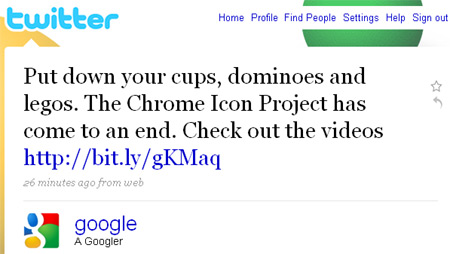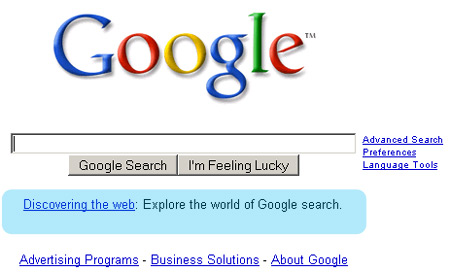
Google announced today that they intended to purchase On2 technology for $106.5 million. While just a drop in Google’s seemingly limitless ocean of cash, this acquisition seems to be for a technology component (or two). On2 specializes in making video processing codecs and software that optimizes video for the Internet.
The big question is: Why?
Here are some reasons which I think may make the most sense:
First, Google’s YouTube unit has many Petabytes of video stored on Google’s server farms around the world. Every day that number grows. It costs a lot of money to keep that data live, online and backed up. It also costs a lot of money in bandwidth to deliver it to Google’s users. One of On2’s core competencies is bringing the size of SWF Flash (and H.264) files down while keeping the quality level high. As Google moves to make more and more of Youtube’s videos High Definition, this becomes even more important.
Even single digit percentage drops in file size to Youtube’s collection would make the technology valuable enough over a few years to make the sale a good deal. But there could be more to it than that.
On2 also makes software that optimizes video for mobile. Not only does Google have the Android handsets, but it also has users with iPhones, Blackberries and Windows Mobile devices that are going to be downloading more and more of their content.
Another big deal is the HTML5 standard that embeds native (not Flash) video. The standard is up in the air right now because Apple and the Open Source community both have different ideas of what should be the standard format for video. Apple obviously wants its Quicktime friendly H.264 while many in the Open Source community want Ogg Video. On2 could have either a third choice or a technology that allows both to be generated for webpages using HTML5. Either way, google is a big player in this space and will want to have a say.
What I think is at play here is that major advertisers are getting ready to sign up for big campaigns with Hulu. Google, when all is said and done, is an advertising company. They make 99% of their money from ads and everything else they do are just ways of getting those ads into our eyes.
They see Hulu’s platform (based on the On2 technology btw) as the biggest competitor to their Youtube juggernaut. While Youtube can be mildly entertaining for viral videos, Hulu is grabbing more eyes for a longer period of time with better quality programming. If Google wants to participate in this space, they are going to want a piece of that action. And at $100 million, they can afford to get into the game.






 There has been a lot of talk about the deal being bad for Yahoo and good for Microsoft. This may or may not be true, as it's really way too early to tell for sure, but Microsoft CEO Steve Ballmer has been doing his best to try to convince people (mainly Yahoo shareholders) that Yahoo is in fact getting a good deal.
There has been a lot of talk about the deal being bad for Yahoo and good for Microsoft. This may or may not be true, as it's really way too early to tell for sure, but Microsoft CEO Steve Ballmer has been doing his best to try to convince people (mainly Yahoo shareholders) that Yahoo is in fact getting a good deal.
